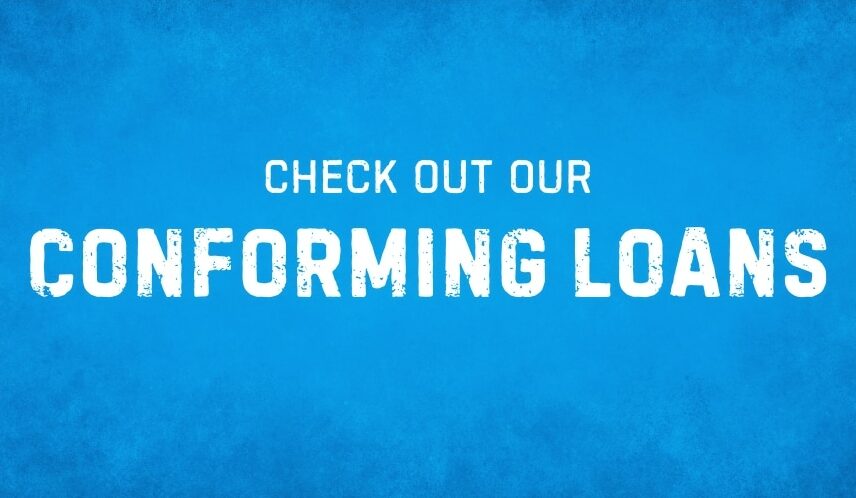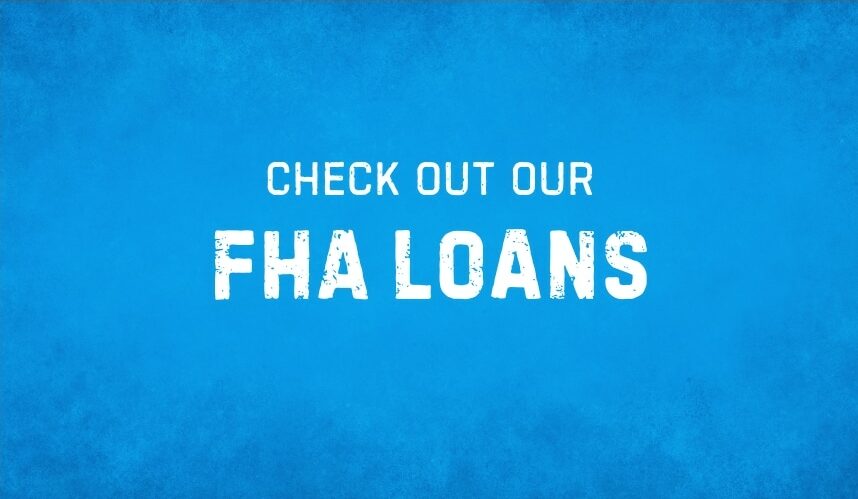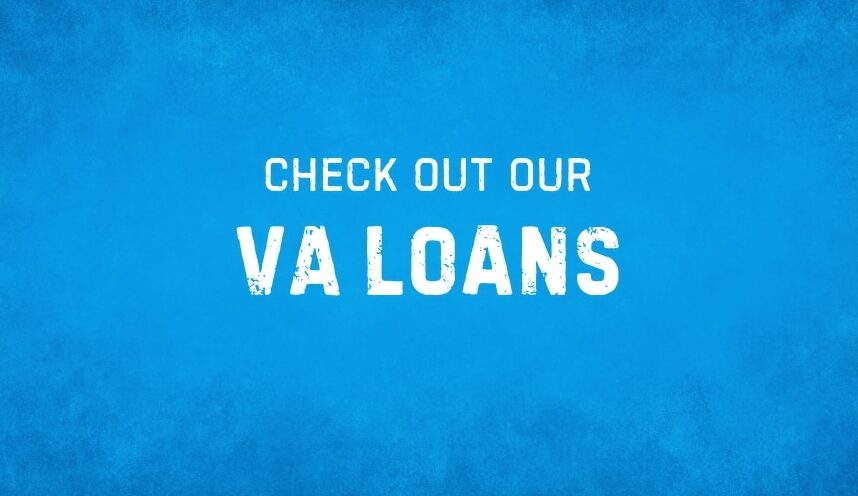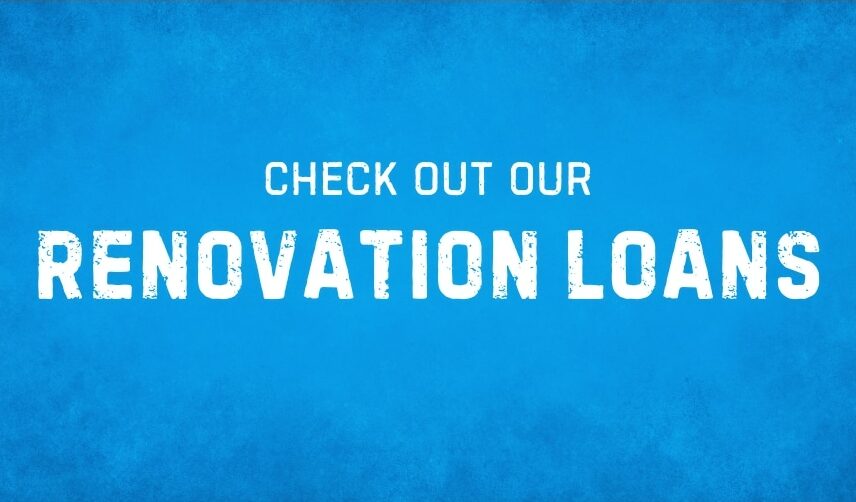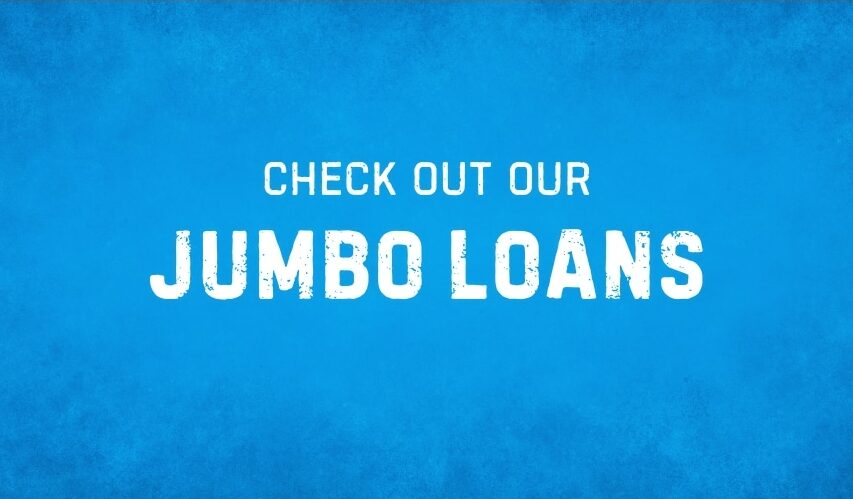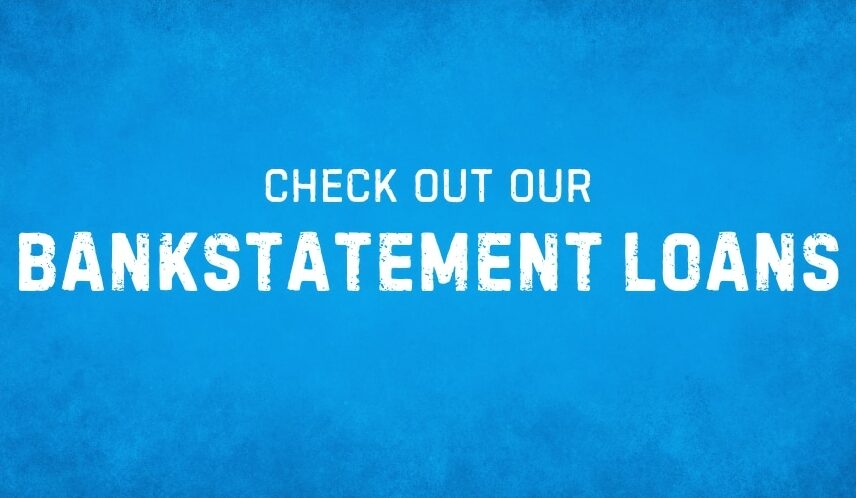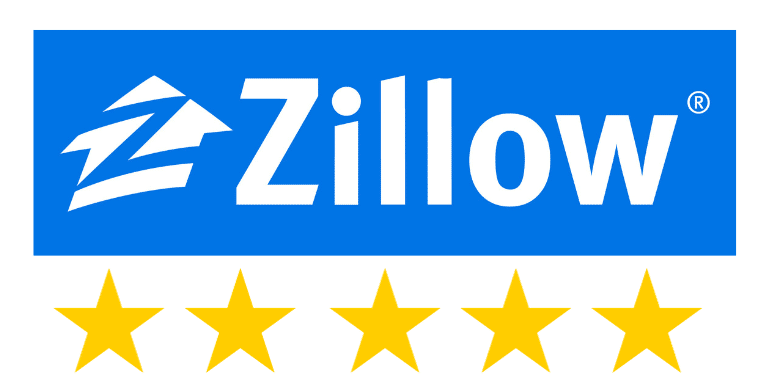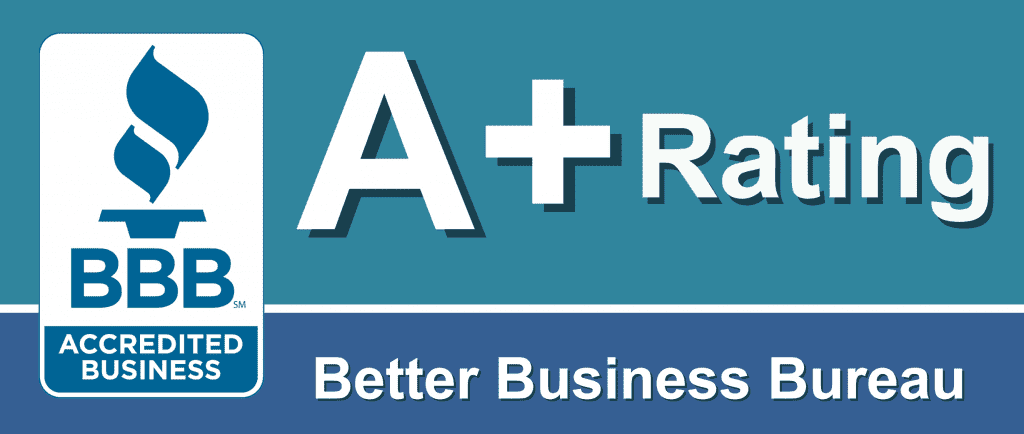
Qualifying For An FHA Loan
Being a homeowner is a significant milestone that propels individuals to financial freedom. Californians across the state achieve this milestone with the help of loan programs such as the FHA loan program. Qualifying for an FHA loan is a straightforward process that involves working with a reputable mortgage company and a loan officer with years of experience.
FHA loan qualifications are standard from one mortgage company to the next. However, certain things, like credit scores, can require small adjustments. Below, I’ll give a quick snapshot of the California FHA loan qualifications that are fairly standard across the industry and then provide additional details so that you can decide if the FHA loan program is right for you.
California FHA loan qualifications
Here is a quick snapshot of the FHA loan qualifications for California residents.
- Primary residence
- 580 or higher credit score
- An appraisal is usually needed to qualify
- Purchase transactions: 3.50% down payment
- In some cases, you can qualify with zero down
- Refinance transactions: Loan-to-value ratio of 96.5% or less
- In some cases, you can qualify at a higher loan-to-value ratio
- Debt-to-income ratio at or below 43%
- In some cases, you can qualify at a higher debt-to-income ratio
- Qualify with the monthly FHA mortgage insurance premium
- Qualify with a Chapter 7 or Chapter 13 Bankruptcies and a foreclosure
- The loan amount needs to be at or below the FHA loan limit amount
Below, I’ll go into detail about each qualification. The California FHA loan qualification list is subject to change without notice. For the most current information, please contact me directly at 1-800-550-5538 or use one of our website contact forms.
FHA Loan Program Is A Good Fit For Many Loan Applicants
The FHA home loan program is one of California’s most popular loan programs. Here is a broad overview of which applicants the program is a good fit for.
- First-time homebuyers
- Buyers with less than a 10% down payment
- Homeowners considering a refinance
- If you’re looking to do major renovations
- Loan applicants with a credit score below 700
- Anyone with a previous foreclosure or bankruptcy
Qualifying for an FHA loan is a relatively easy process compared to years ago, provided you work with an experienced and knowledgeable loan officer who can help guide you through the process.
Types of FHA home loans Californians can Qualify for
Here is the list of FHA home loans you can qualify for.
- Purchase
- Refinance
- Renovation
Not all mortgage companies that offer the FHA loan program offer the renovation loan product. So, if you are considering the FHA 203(k) renovation loan, check with your loan officer before applying.
Also, qualifying for an FHA loan under their renovation program requires an experienced loan officer due to the complexity of the transaction.
FHA loan qualifications details
As you read through this article, remember that qualifying for an FHA loan can change at any time, so be sure to ask your loan officer for updates when you obtain your quote and apply for the loan. If there have been any recent changes, a knowledgeable and experienced loan officer will be able to update you on the current FHA loan qualifications.
Primary Residence
FHA home loans have a residency requirement. To qualify for an FHA loan, you must buy a primary residence or refinance a mortgage that is attached to a primary residence.
Exception To Residency Requirement
There is a slight exception to this rule. Under one circumstance, a rental property can qualify for an FHA loan.
If you purchased a primary residence with an FHA loan and then moved to a new primary home after the home became a rental property, you might be able to refinance the original residence under the FHA loan program (even though it’s now a rental).1
If this situation applies to you, discuss the details with your loan officer, as underwriting guidelines for this exception can change.
FHA Credit Score
Your credit score is a big part of the underwriting process. Technically speaking, there is no minimum credit score with the FHA home loan program; however, most lenders require a 580 or higher credit score to qualify for their FHA loan guidelines.
The good news for those applying for an FHA home loan is that their interest rate does not significantly increase as it does on a Conventional loan. This benefits those with less than a 700 credit score because, under the FHA home loan guidelines, their interest rate is the same if they have a 780 credit score and a 700 credit score.
Those with a credit score between 660 and 699 will have an interest rate only slightly higher than those with a 780 credit score.
With a Conforming home loan, a person with a 700 credit score would pay a higher interest rate than someone with a 780 credit score. The rate difference is significant when you compare someone in the 660-699 credit score range.
Qualifying for an FHA loan when you have a low credit score is similar to those with higher credit scores.
Home Appraisal Qualification
When you apply for an FHA home loan, you’ll eventually have to do an appraisal (unless it’s an FHA Streamline Refinance).
The homebuyer (or homeowner if you are refinancing) pays for the appraisal, which generally costs between $500 and $700 (depending on the area and how quickly you need the appraisal report).
The appraisal will determine if the purchase price (or estimated home value for refinances) is the current fair market value for the neighborhood. This will directly impact your Loan-To-Value ratio, so it’s something you’ll want to prepare for.
Regarding the FHA loan program, the appraisal report will determine if the home meets the minimum FHA appraisal requirements. These requirements are mostly safety items that every home should have.
Down Payment Requirement FHA
The FHA loan program does have a down payment requirement for two credit score levels.
If you have a 580 or higher credit score, you’ll need at least a 3.5% down payment to qualify for an FHA loan. The 3.5% is based on the home’s appraised value or the purchase price – whichever is less. If it’s 579 or below, you’ll need to increase your down payment to 10%.2
For those with a 580 or higher credit score, if the home appraises for $300,000, you’ll need to provide a down payment of at least $10,500. A $500,000 home means you’ll need to provide a down payment of at least $17,500.
The down payment can come from your own savings, you can borrow against your 401k, or a family member can gift it to you. If you want to borrow from your 401k, please speak with a financial advisor about the implications and ensure the process is completed two to four weeks before applying for the FHA loan.
If you don’t have any ideas on how to save for a down payment, check out my article “Ten Ways to Save for a Down Payment.”
Exception To The Down Payment Requirement
There is an exception to the FHA loan program down payment requirement.
Some loan applicants can have a zero-down payment requirement under the FHA loan program. Not all mortgage companies offer this, and not every loan applicant qualifies, so discuss this option with your loan officer before you complete your loan application.
Qualifying for an FHA loan with nothing down is a complex transaction, so your underwriting time might be a bit longer.
Loan-To-Value Ratio For Refinances
Like every other loan program, FHA loans have a loan-to-value ratio qualification that refinance applicants must meet, a maximum of 96.5%. This means if your home is worth $500,000, your maximum loan amount is $482,500 ($500,000 x .965).
Exception To The LTV Qualification
There is an exception to the FHA loan-to-value qualification, and that is under the FHA Streamline Refinance program.
Under the FHA Streamline Refinance program, loan applicants might be able to refinance their FHA loan into a new FHA loan even if they owe more than the home is worth.3
Not every mortgage company allows this exception, so checking with the loan officer before proceeding is important.
FHA Debt-To-Income Qualification Rule
The amount of debt you have and the housing expenses you’ll take on are important factors in the FHA loan approval process. Under the FHA home loan program, a borrower can have a “front end” Debt-to-income ratio of 31% and a “back end” debt-to-income (DTI) ratio of 43%.
“Backend” refers to your housing-related debt, and the “front end” refers to your total debt (housing and consumer debt).
Qualifying for an FHA loan with a higher debt-to-income ratio is possible under the purchase and refinance program.
Exception To The Debt-To-Income Qualification Rule
Is there an exception to this rule? Yes, there are instances in which loan applicants are approved at a higher debt-to-income ratio. Those approvals are on a case-by-case basis, and you might have to have compensating factors to ensure the underwriter will approve your loan application.
FHA Income Requirements
You need a steady income to qualify for an FHA loan. Retired, self-employed, and W-2 employees can qualify under the program. If you are retired or self-employed, you’ll need to provide your most recent two years of tax returns (personal and business). Self-employed loan applicants will also need to provide a year-to-date profit and loss statement.
If you are a W-2 employee, you’ll need to provide your two most recent paystubs along with your most recent W-2 forms.
Qualify With Mortgage Insurance Premium
All FHA loans require Mortgage Insurance.4 When you apply for an FHA loan, you will need to qualify with the annual Mortgage Insurance Premium. For a 30-year fixed rate loan, the range is between .50% to .70% of your original loan amount divided by twelve.5
Example
If your FHA loan amount is $400,000, then your annual Mortgage Insurance Premium(MIP) at the .50% level is $2,000.00. Divided by twelve months, that equals a monthly MIP payment of $166.67
Qualification Standards For Bankruptcy And Foreclosures
Here are the qualification standards for a loan applicant with a bankruptcy and/or a foreclosure.
Bankruptcy Qualification
The bankruptcy qualification for the FHA loan program is as follows: Chapter 7 bankruptcy has a waiting period of two years6, and Chapter 13 bankruptcy that’s been discharged has no waiting period.7
Qualifying For An FHA Loan With A Foreclosure
The FHA loan foreclosure qualification period is three years.8 This means you’ll have to wait three years from your foreclosure date to buy a home or refinance a mortgage using the FHA loan program. There are no exceptions to this rule.
2024 California FHA Loan Limit Amount
The 2024 California FHA loan limit amount is $498,257 and up to $1,149,825. This means in many counties in California, the maximum FHA loan amount limit is $498,257. In high-cost areas like Los Angeles, the maximum limit is $1,149,825.
Do You have a question or need a quote?
Contact KevinLow rates, fast closings, and exceptional service.
How to obtain an FHA loan
Many lenders offer the FHA home loan program. It’s important to remember that FHA does not lend directly to a borrower. What they do is set up the underwriting guidelines for lenders to be able to lend money to those who wish to access the program. Then, once the loan closes, FHA guarantees the loan in case you default. This guarantee reduces the risk the mortgage company incurs under the FHA loan program.
So, if you want an FHA home loan for your next transaction, contact a mortgage company that offers the loan program.
Bottom line on getting qualified for an FHA loan
Qualifying for an FHA loan is simple when you work with an experienced loan officer. You’ll have access to purchase, refinance (rate and term, and cash-out), and renovation programs. Talk with your loan officer about the current FHA loan qualifications to ensure you meet the most up-to-date standards.
If you don’t meet certain qualifications, don’t worry. Some rules have exceptions, and an experienced loan officer can usually guide you through the process.
Qualifying for an FHA loan has never been easier, whether you’re buying a home or refinancing a mortgage.
Sources:
- How to do a FHA Streamline Refinance on a Rental Property – Mortgage.info
- FHA Loan Requirements – Credible.com
- Do I qualify for an FHA Streamline Refinance – SmartAsset.com
- FHA Mortgage Insurance – Forbes.com
- What is an FHA mortgage insurance premium? – Bankrate.com
- FHA Loan Rules for Borrowers After Filing Bankruptcy – FHA.com
- Buying a House After Chapter 13 Bankruptcy – MortgageReports.com
- When Can I Get a Mortgage After Foreclosure? – Nolo.com

